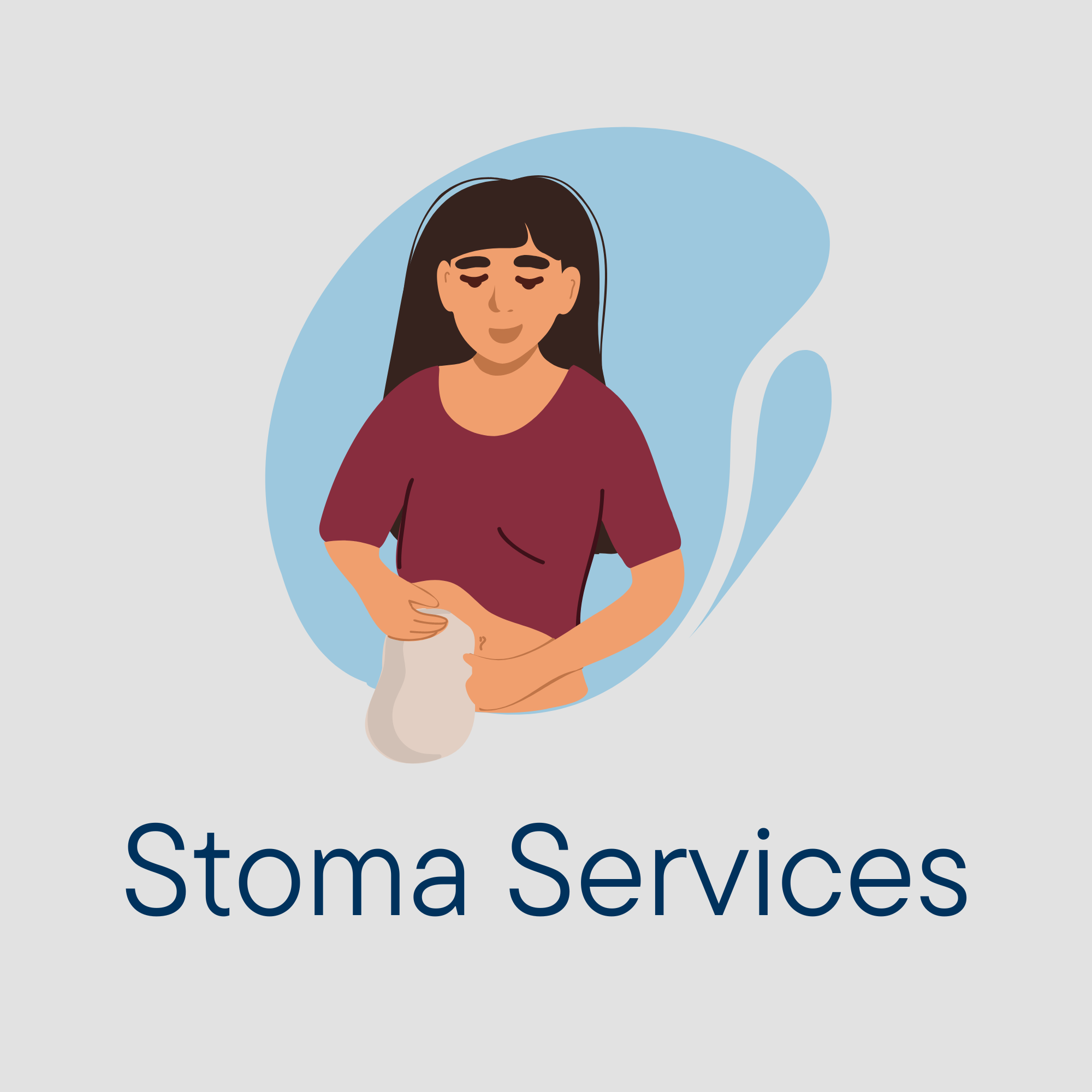Home > Core Services > Unscheduled Care (CPUS) Unscheduled Care (CPUS)
Unscheduled care can be described as: “NHS care which cannot reasonably be foreseen or planned in advance of contact with the relevant healthcare professional or is care which, unavoidably, is out with the core working period of NHS Scotland.
It follows that such demand can occur at any time and that services to meet this demand must be available 24 hours a day.”
In the past, the largest group of patients requiring unscheduled care tended to use one of the following routes:
advice from NHS 24
referral to the Out of Hours service via NHS 24
an urgent appointment with their GP
The direct link to the Public Health Scotland site below:
Service developments, implemented within community pharmacy, have led to pharmacies becoming an important access route for people requiring unscheduled care particularly over weekends and public holidays such service developments implemented by community pharmacy contractors include:
National Patient Group Direction for the Urgent Supply of Repeat Medicines and Appliances
The PGD for urgent provision of medicines and appliances has been developed by NHS 24 on behalf of NHS Scotland and implemented by NHS Boards. The PGD enables community pharmacy contractors to provide patients with up to one prescribing cycle of their repeat medicines and appliances in a wide range of circumstances where obtaining a prescription is not practicable, ensuring continuity of care for patients and easing the strain on our colleagues in primary care and Out of Hours services.
Patient Group Directions (PGD) are written instructions for the supply or administration of medicines to groups of patients who may not be individually identified before presentation for prescribing treatment. By using the national PGD for the urgent supply of repeat medicines and appliances pharmacists can provide a supply of the patient’s medicine for up to the equivalent of the quantity of medicine normally prescribed for the patient. The PGD is designed to be permissive and allows the Pharmacist to use their professional judgement to enable supply to the patient in most scenarios.
Further information on the National Patient Group Direction is available here.
Direct Referral to Local Out of Hours Services
Community pharmacy contractors provide a valuable support service to both NHS 24 and the local OOH service.
Sometimes when patients are reviewed by a pharmacist, it is in the pharmacist’s opinion that they require to see a doctor or OOH nurse. Instances of this can include tracking skin infections and other symptoms or conditions which cannot wait until in-hours services resume.
Pharmacists wishing to refer patients to an OOH centre or other health service should complete the Direct Referral Form Template, which can be found on the Unscheduled Care page and use the “Guide to direct referral” table as a guide to the most appropriate support for your patient. The ECS enquiry number and the Professional to Professional numbers for each Health Board’s OOH service should never be made available to the public.
Remuneration
Contractors are responsible for ensuring all their Pharmacists who are using the National Patient Group Direction for the Urgent Supply of Repeat Medicines and Appliances have completed the PGD Authorisation Form from the pack at each update and send it to the Primary Care Pharmacy Department of the Health Board they are working.
Contractors who fail to ensure the completed authorisation form is returned to the Health Board should be aware that the CPUS prescriptions presented will not be reimbursed for the products supplied.
CPUS prescriptions can be written in two ways:
Universal Claim Forms (UCF) - This is an electronic process and is the main format which should be used. The claim is electronic and there is no requirement to send a paper copy to NSS. A copy of the script needs to be sent to the GP to inform the details of the supply for the patient’s record.
Paper CPUS Forms - These are handwritten and should only be used where the electronic UCF is not available. Copies of the handwritten CPUS need to be sent to NSS for payment. A copy of the script needs to be sent to the GP to inform the details of the supply for the patient’s record.



